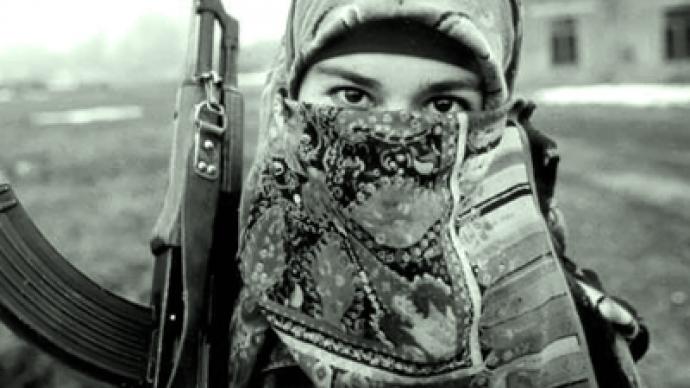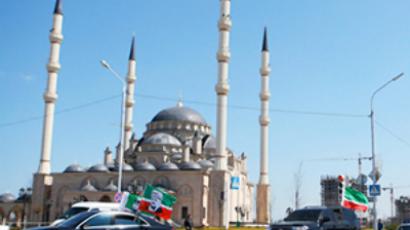Radical Islam poses an enduring menace

Russia’s concerns about extremism center on the North Caucasus, which is the main breeding ground for terrorism against the country. Worryingly, recruits are not so hard to come by, with the region's youths being seduced by extremist ideology.
On one of the usual busy days at a university in Russia's North Caucasus, students are learning about Arab culture and language. They are trying to broaden their horizons.Ramil Novruzov used to be a normal, average student, until radical Islamists got a hold of him.“I saw the way his stare changed. He became alienated from everyone. The brainwashing teaches them to be ready for the next world, so they stop paying attention to this one,” said his sister, Sevil Novruzova. By the end of his studies, he had started to take food to militant friends in hiding.When Sevil Novruzova warned him to stop, Ramil Novruzov left home forever. As locals say, he had “gone to the forest.”“I already felt something inevitable and sad was coming. But I did not know what to do. I did not have a chance to stop him when he left home,” Sevil Novruzova said. From what she knows, it was a month later that police surrounded a group of militants near Dagestan's capital.They were ready to surrender, but their leader started shooting to provoke the deadly gun battle in which they all died, including Ramil Novruzov.In another of the region's capitals, Nalchik, Friday prayers at the city's main mosque are held without a leader. Three months ago, he, the Republic's mufti, was shot dead outside his home by Muslim extremists.Anas Pshikhachev had been a vocal critic of both the authorities and the extremists, saying there is police corruption, as in other spheres of society, but declared that it does not mean policemen should be shot dead. “When their ideologists say they are there to make people scared of Islam, I can't agree. Islam is not a thing to be afraid of. The only way to promote Islam is make people see the beauty of it. If they are scared of it, they will refute it,” said Alim Sizhazhev, deputy head of the Muslim Spiritual Department of Karbardino-Balkaria. But since the 1990s, more extreme forms of Islam, thought to come from outside Russia, have been growing in influence.University staff are concerned at how impressionable some students have proved to be.They say the region's Muslim majority must not be made to feel alienated.“We need now to speak more about Islam, to show that the Russian Federation, our government, our constitution, our laws, they do not do anything against Islam itself,” said Aleksandr Gorbunov, rector of Pyatigorsk State Linguistic University.Radical Islam is thought to have arrived in the region only with the second Chechen campaign in 1999. Since then, although widespread fighting has died down, the methods of small extremist groups – bombings and shootings – have proliferated.The question nervously asked now is whether the radicals' ideology and methods are ones of desperation, or of growing confidence.












